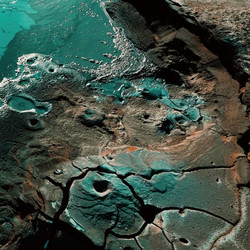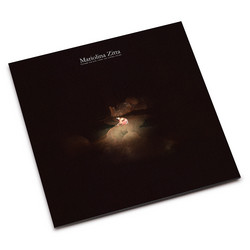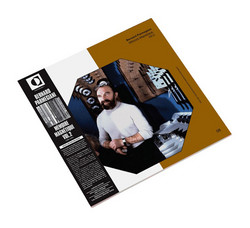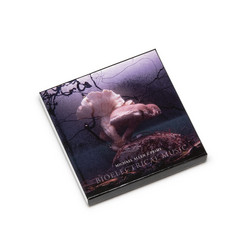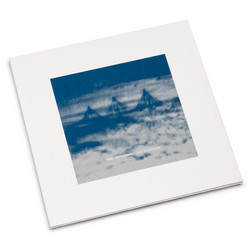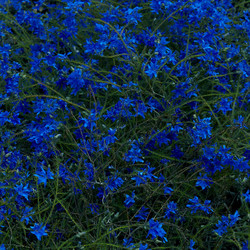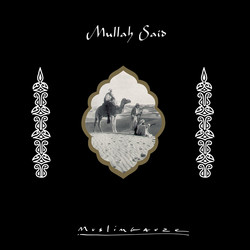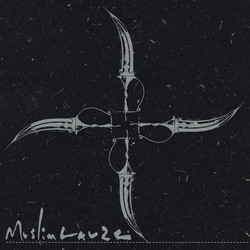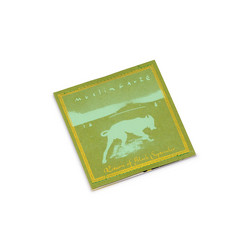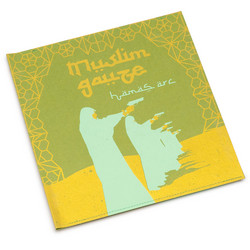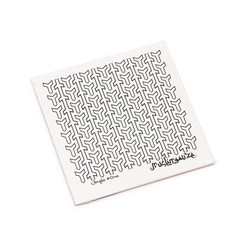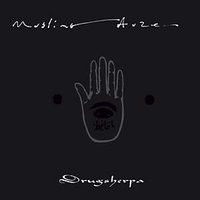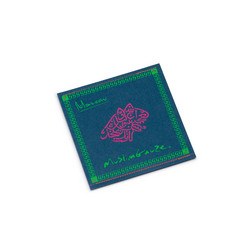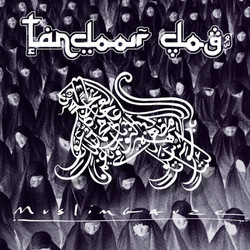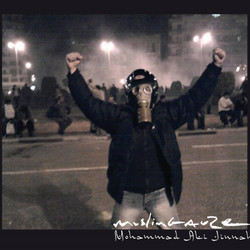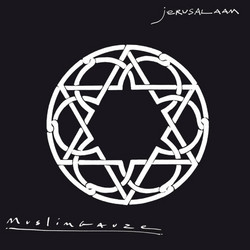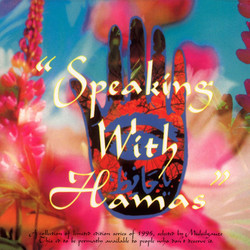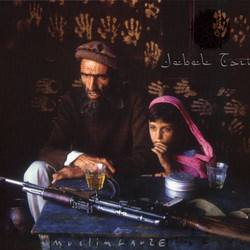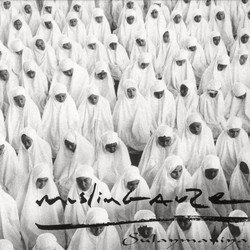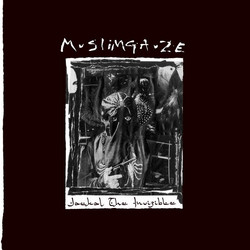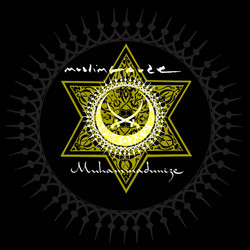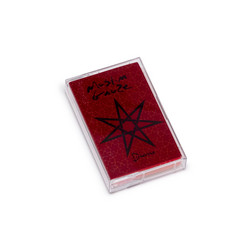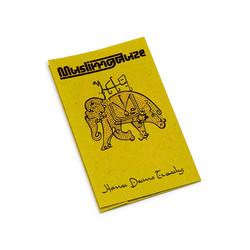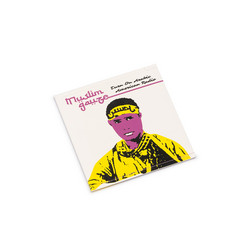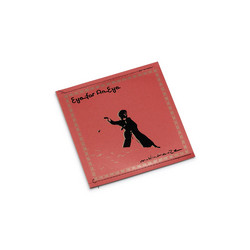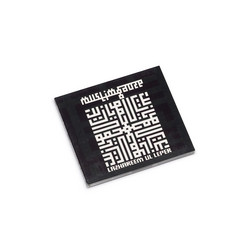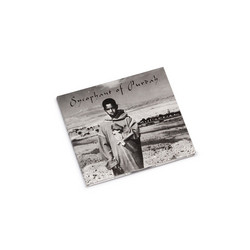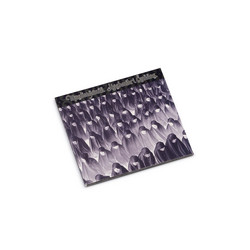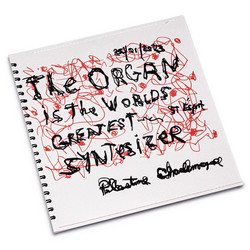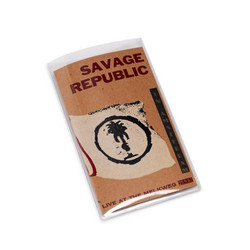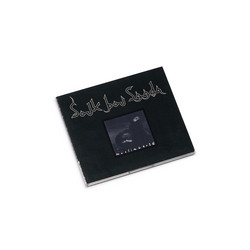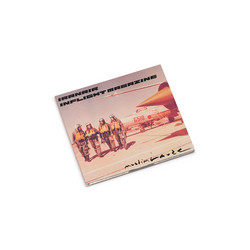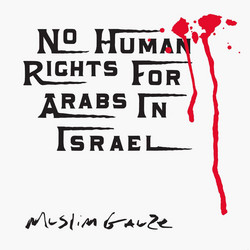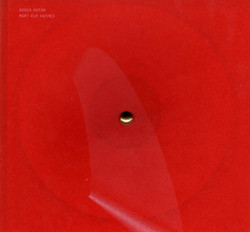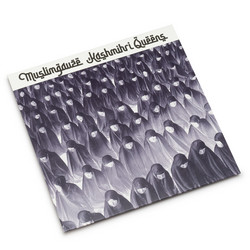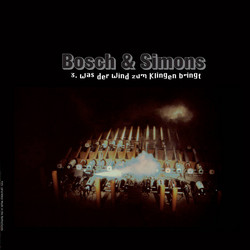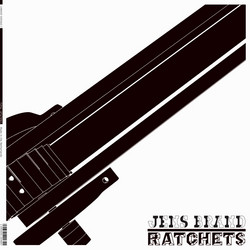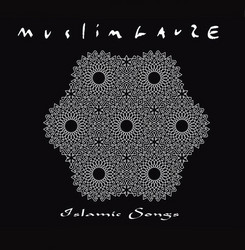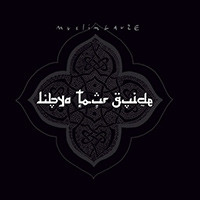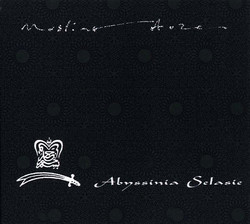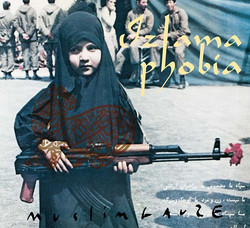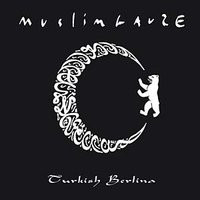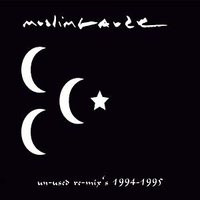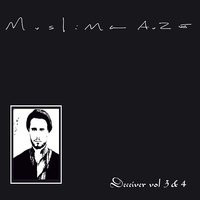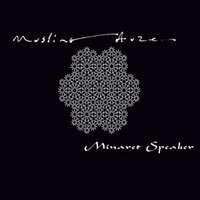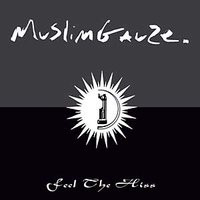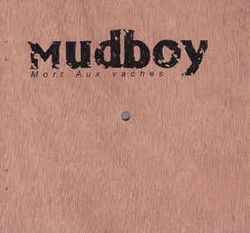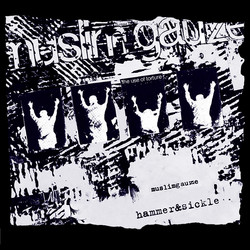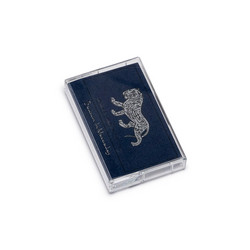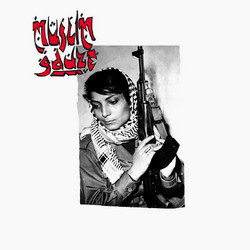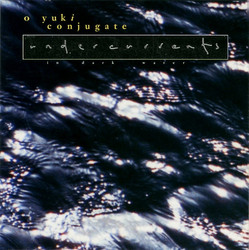In the vast and uncompromising catalog of Muslimgauze, certain works stand as crystalline statements of Bryn Jones's singular vision—albums that distill decades of political engagement and sonic exploration into their most essential form. Hamas Cinema Gaza Strip, composed less than a year before Jones's untimely passing in 1999, emerges as perhaps his most cohesive and sonically refined release, now returning via the MG Archive series in a limited edition of 200 manually screen-printed copies. This album represents a remarkable evolution in Jones's approach, adopting a more cinematic methodology that weaves sparse, percussive rhythms with field recordings, sampled dialogue, and ambient textures to create an immersive and politically charged soundscape. Working in part with longtime collaborator John Delf, the production achieves a notable polish that allows every element to breathe while maintaining the urgent political edge that defined Muslimgauze's entire body of work.
The title track stands as a masterpiece of controlled tension, blending live drumming, reverberating strings, and distant animal calls into a hypnotic, mystical composition that feels both ancient and utterly contemporary. Elsewhere, tracks drift into ambient-dub territory reminiscent of the celebrated Gun Aramaic, with "Jerusalem Artichoke" injecting bursts of raw energy that recall the more confrontational elements of Jones's earlier work. Throughout the album's eight tracks, Muslimgauze demonstrates his mastery of cultural synthesis, fusing minimal kick/snare percussion with Arabic and Indian string instruments, Arabic voice samples, spoken English fragments, and ambient street noise. The subtle use of echoes and delays lends a dub character that recalls the experimental territories explored by Adrian Sherwood and Jah Wobble, while occasional deep basslines and whispered vocals add a haunting, electronic edge that points toward the post-industrial explorations of groups like Zoviet France.
Hamas Cinema Gaza Strip captures Jones at a moment of artistic maturity, reflecting both the harshness and emotional depth of his lifelong engagement with Middle Eastern politics and culture. This is Muslimgauze at his most focused and accessible, yet losing none of the challenging political content that made his work so essential. The album serves as both a culmination of his artistic development and a prescient document of ongoing geopolitical tensions.This MG Archive edition, limited to 200 copies with manual screen-printing, ensures that this crucial late work receives the presentation it deserves. Essential listening for anyone seeking to understand the intersection of electronic music and political consciousness that defined the underground scenes of the 1990s.
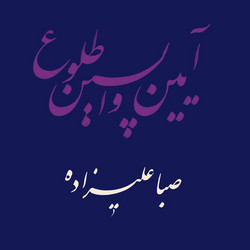
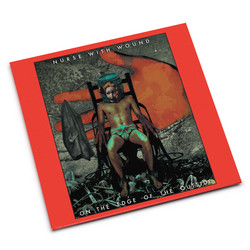
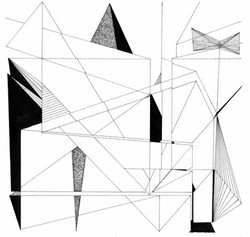
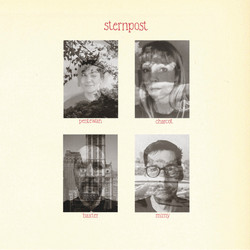
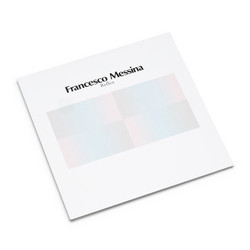
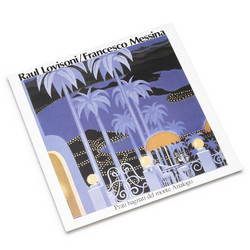
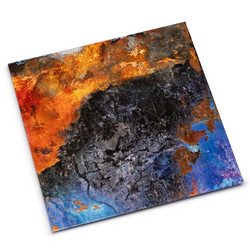

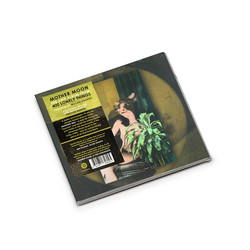


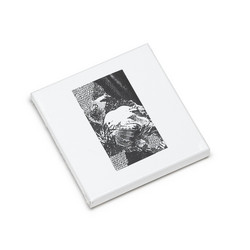
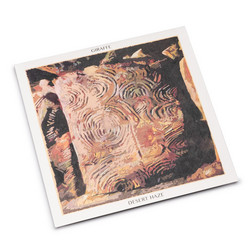
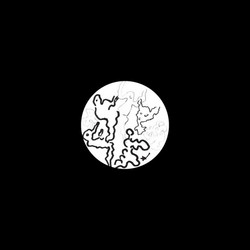
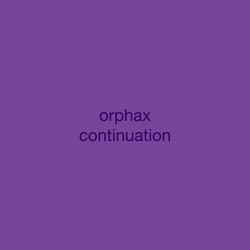
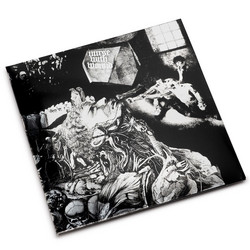
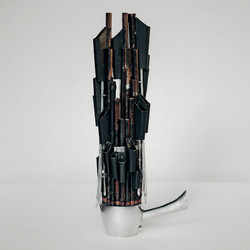
![[sic]](https://cdn.soundohm.com/data/products/2026-02/0018_-sic-jpg.jpg.250.jpg)
